Diplomatic Talks in Riyadh Focus on Supporting Post-Assad Syria
Top diplomats from the Arab world and Europe convened in Riyadh to discuss Syria’s recovery after the fall of Bashar al-Assad. The talks aimed to facilitate the potential lifting of sanctions against Syria, contingent on inclusive governance by the new authorities. Saudi Arabia is stepping up to coordinate humanitarian efforts while navigating relationships influenced by regional dynamics with neighboring countries.
Diplomats from the Arab world and the European Union gathered in Riyadh to engage in critical discussions regarding Syria’s future, following the recent political changes in the country. The talks, which occurred in two phases, featured a session for Arab officials and another involving broader participation from nations such as Turkey, France, and the United Kingdom. This diplomatic meeting emerges in the wake of Ahmed al-Sharaa’s regime taking control of Damascus after the downfall of Bashar al-Assad, with aspirations for the lifting of sanctions imposed by Western powers in response to Assad’s oppressive governance during the civil war that began in 2011.
In a stirring context, the European Union’s chief diplomat articulated possibilities of sanction relief contingent upon the newly established Syrian administration’s commitment to forming a government that respects minority rights and fosters inclusivity. The brutal 13-year-long conflict has resulted in considerable loss of life and economic devastation, leading to a significant refugee crisis across Europe. Moreover, Saudi Arabia, which severed relations with Assad’s government years ago, has emerged as a proactive supporter of Syria’s healing process, supplying humanitarian aid and taking on a leading role in coordinating international support initiatives.
The ongoing discussions represent a continuation of prior conversations focused on Syria’s reconstruction and stability following the turbulent period of Assad’s rule. U.S. officials are also present, emphasizing the importance of regional stability and combating terrorism. Nevertheless, experts note the delicate balance Saudi Arabia must navigate in fostering relations with Syria’s new leadership while considering lingering sanctions, and the influence dynamics with countries like Turkey and Qatar, which have moved quickly to establish ties with the new regime.
The current geopolitical landscape concerning Syria has shifted dramatically following the removal of Bashar al-Assad, whose regime was marked by severe human rights violations and widespread civil unrest leading to a protracted civil war. The international community, particularly Western powers, imposed sanctions on Assad’s government to pressure for democratic reforms and peace. With the regime change, discussions are now focusing on potential diplomatic engagement, reconstruction efforts, and humanitarian assistance, specifically involving regional powers and international organizations assessing how best to approach Syria’s governance and civil stability post-Assad. Saudi Arabia’s renewed involvement in Syrian affairs is particularly noteworthy, as it navigates its regional influence amid competitors like Turkey and Qatar.
The diplomatic discussions held in Saudi Arabia symbolize a significant step towards formulating a unified approach to support Syria amidst its recent political transition. Various stakeholders, including Arab nations and European diplomats, are considering the lifting of sanctions predicated on the new government’s ability to promote inclusivity and stability. While Saudi Arabia asserts its leadership in facilitating recovery efforts and humanitarian support, continuous deliberation is essential to mitigate the challenges posed by remaining sanctions and the dynamics within the new Syrian administration.
Original Source: www.voanews.com
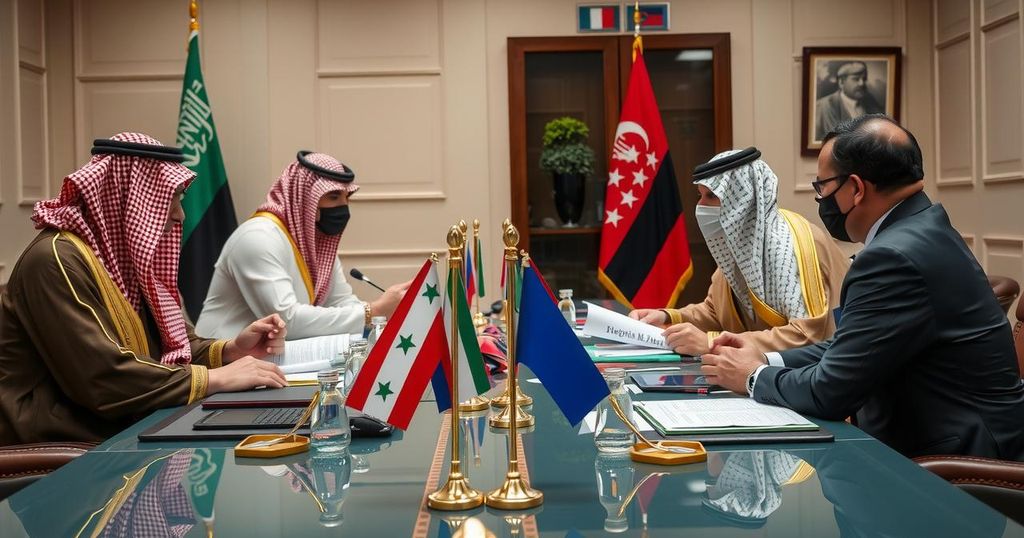
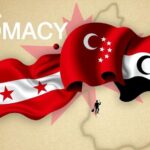


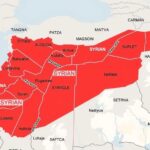
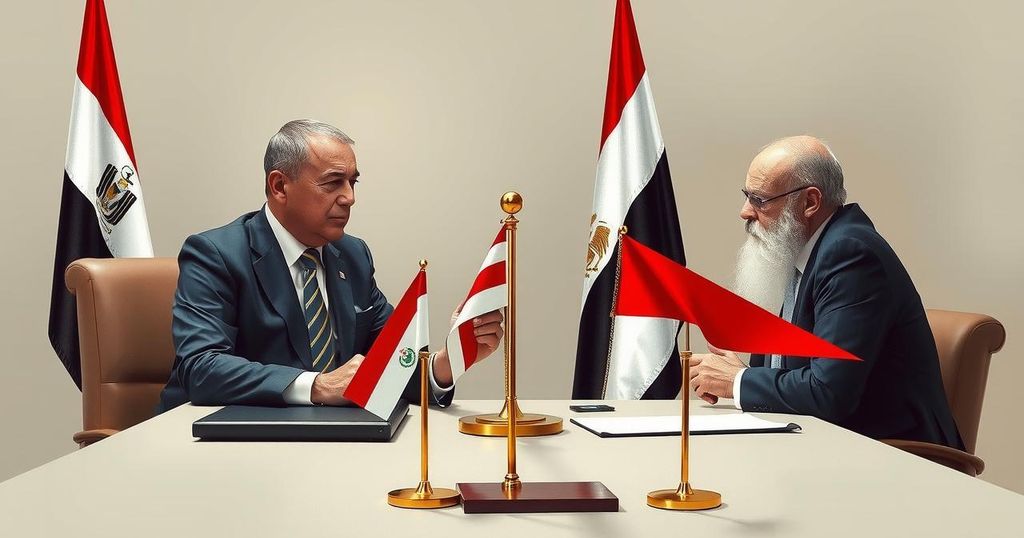
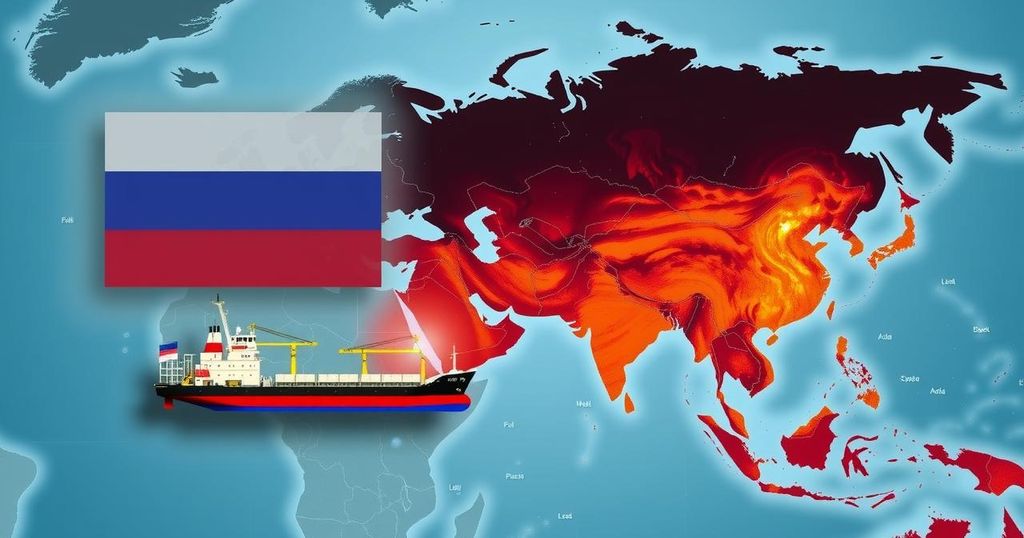

Post Comment